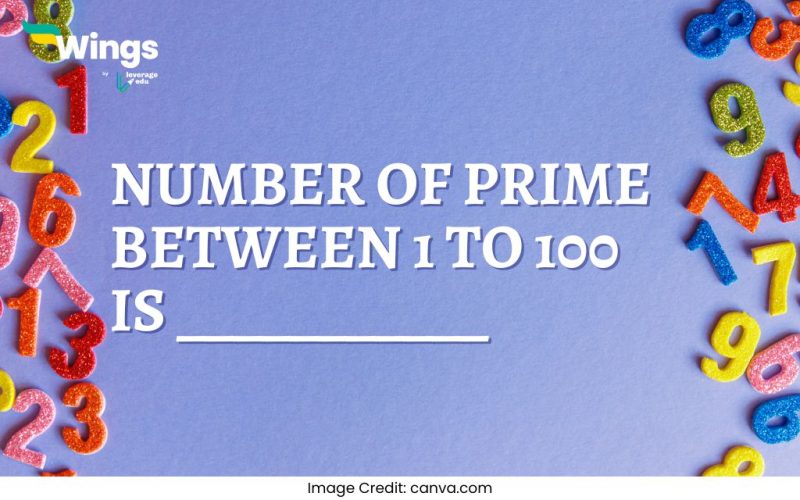Prime numbers are a fundamental concept in mathematics, often introduced in school and crucial to being well-prepared for quantitative aptitude in competitive exams. A prime number in Mathematics is a number greater than 1 that has no divisors other than 1 and itself like the number ‘3’. In simpler terms, prime numbers are numbers that cannot be formed by multiplying two smaller natural numbers.
How Many Prime Numbers are there Between 1 to 100?
The number of prime numbers between 1 to 100 is 25. This is an essential fact for students preparing for exams that test knowledge of number theory, such as competitive exams or school math quizzes. Prime numbers have significant importance in fields such as cryptography and number theory.
Prime Numbers from 1 to 100
Here’s the prime number list from 1 to 100 whose factors are 1 and the number itself in ascending order:
2, 3, 5, 7, 11, 13, 17, 19, 23, 29, 31, 37, 41, 43, 47, 53, 59, 61, 67, 71, 73, 79, 83, 89, 97.
These 25 numbers are the building blocks of many mathematical concepts. They are useful not only for theoretical studies but also in real-world applications like cryptography.


 One app for all your study abroad needs
One app for all your study abroad needs











 60,000+ students trusted us with their dreams. Take the first step today!
60,000+ students trusted us with their dreams. Take the first step today!